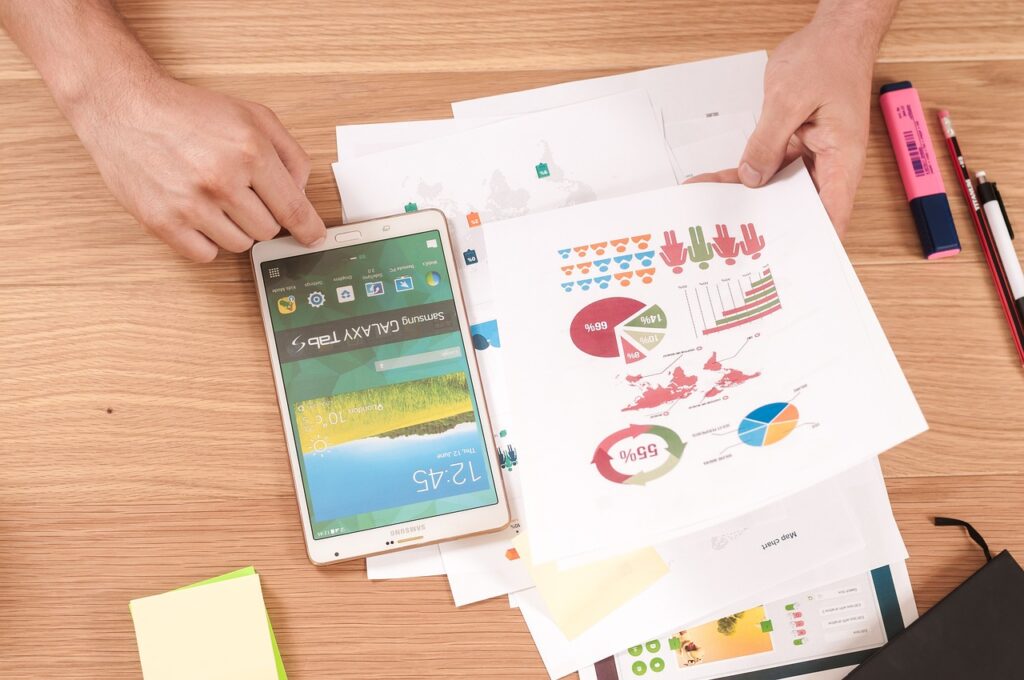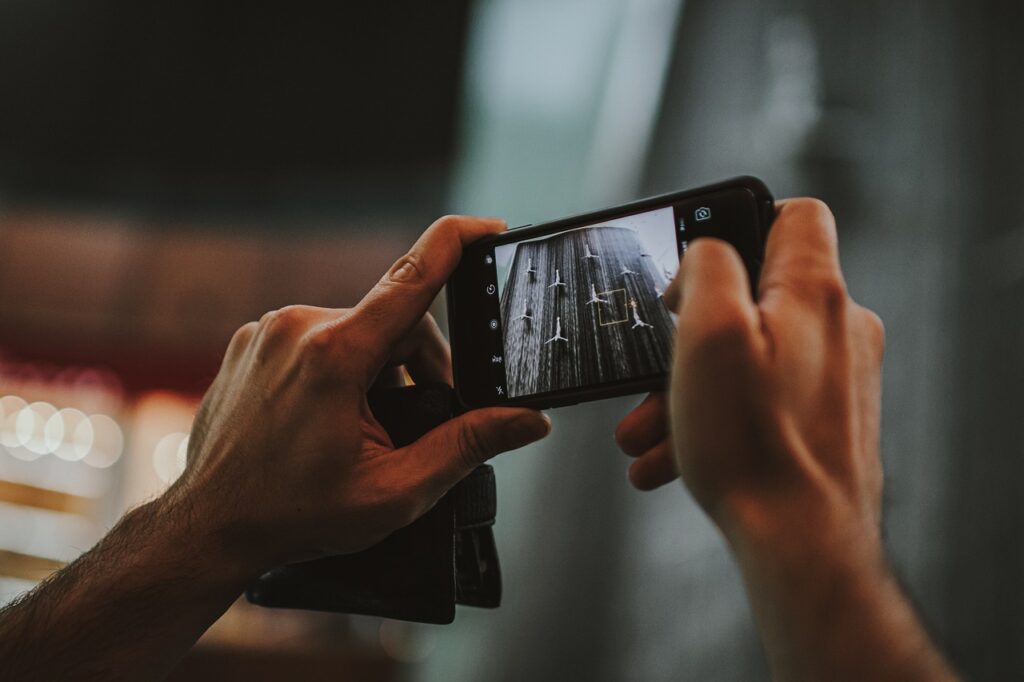Use Strong Passwords and Authentication
Securing your Android device begins with using strong passwords and authentication methods. Set a robust password or PIN for your device to prevent unauthorized access. For added security, enable biometric authentication features such as fingerprint recognition or facial recognition. These methods provide an extra layer of protection and make it more difficult for others to access your device and data.
Enable Encryption for Data Protection
Encryption is a key component in safeguarding your data. Android devices offer encryption options that protect your data by converting it into unreadable code. Ensure that encryption is enabled on your device to secure sensitive information. This feature helps prevent unauthorized access, even if your device is lost or stolen. You can usually enable encryption in the security settings of your device.
Regularly Back Up Your Data

Regularly backing up your data is essential for protecting against data loss. Utilize Android’s built-in backup features to automatically save your data to Google Drive or other cloud storage services. Ensure that your photos, contacts, messages, and app data are backed up regularly. This practice ensures that you can recover your data in case of device failure, loss, or accidental deletion.
Install Security Updates and Patches
Keeping your device’s operating system and apps up-to-date is crucial for protecting against security vulnerabilities. Android regularly releases security updates and patches to address potential threats. Enable automatic updates to ensure that your device receives the latest security fixes. Regularly checking for and installing updates helps protect your device from known vulnerabilities and enhances overall security.
Use Reliable Security Apps
Installing reputable security apps can provide additional protection for your Android device. Look for apps that offer features such as malware scanning, phishing protection, and secure browsing. Choose apps from trusted developers and regularly update them to benefit from the latest security features. These apps can help detect and mitigate potential threats, adding an extra layer of security to your device.
Secure Your Network Connections
Securing your network connections is an important step in protecting your data. Avoid using public Wi-Fi networks for sensitive activities, and consider using a virtual private network (VPN) to encrypt your internet traffic. A VPN helps protect your data from being intercepted by malicious actors on public networks. Additionally, ensure that your home network is secured with a strong password and encryption to prevent unauthorized access.
Manage App Permissions Carefully
Managing app permissions is essential for controlling access to your data. Regularly review and adjust the permissions granted to installed apps. Ensure that apps only have access to the information they need to function properly. Revoke permissions for apps that do not require access to sensitive data or that you no longer use. This practice helps prevent unnecessary exposure of your personal information.
Use Two-Factor Authentication (2FA)
Two-factor authentication (2FA) adds an extra layer of security to your accounts by requiring a second form of verification in addition to your password. Enable 2FA for your Google account and other important accounts to enhance security. 2FA helps protect your accounts from unauthorized access, even if your password is compromised.
Monitor for Suspicious Activity

Regularly monitor your device for any signs of suspicious activity. Be vigilant for unusual behavior, such as unexpected changes in settings, unfamiliar apps, or unauthorized access attempts. If you notice anything suspicious, take immediate action to investigate and secure your device. Promptly addressing potential issues helps prevent data breaches and enhances overall security.
By implementing these practices, you can effectively safeguard your Android data and protect your personal information from various threats. Utilizing strong passwords, encryption, regular backups, and reliable security apps ensures that your data remains secure and accessible only to you.
